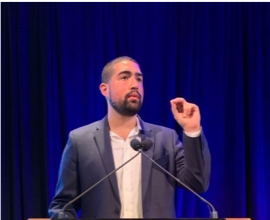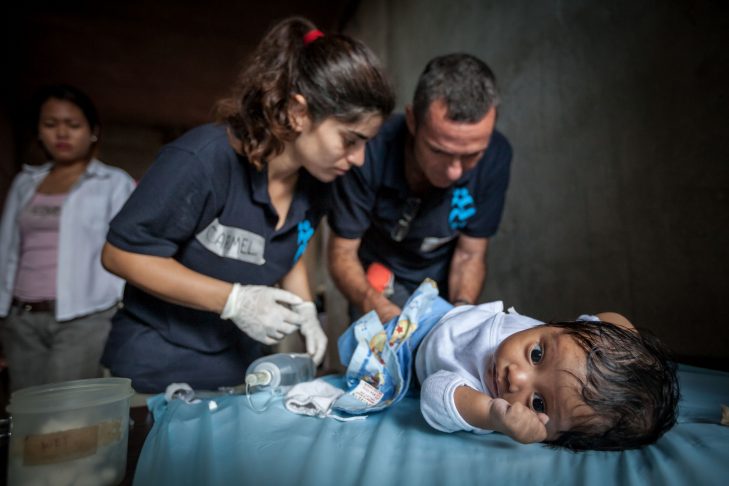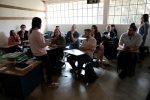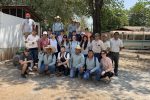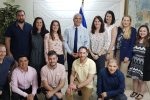As someone who has been involved with public diplomacy and international relations, both academically and professionally, I have always looked at international aid skeptically. I have assumed actions and policies to be driven solely based on interests, always searching for the political, economic and diplomatic gains of any particular government that engaged in providing foreign assistance. The irony is that even I have often invoked the Jewish state’s contribution to the developing world to combat biased, spiteful and at times hypocritical attitudes toward Israel.
I am still unsure how to reconcile these two stances. How can I continue to use the argument of Israel’s astounding international aid work when it conflicts with my own philosophy of international relations based on realistic or pessimist principles?
I am certain that this is going to be a thought I will wrestle with throughout my participation in Project Inspire Guatemala. I could not be more thankful for this opportunity to prove myself wrong—to prove that intrinsic values may in fact play a prominent role in the decision-making process of nations choosing to cooperate with each other around the globe.
As we sat around a table during our pre-trip orientation and discussed some of the philosophical and ethical complexities of visiting developing countries, these issues were addressed. Apart from discussing the political and social complexities of Guatemala, we immersed in conversations that centered around the need to experience person-to-person connections while abroad.
Related
Whatever experiences lay ahead of this journey, I will make sure to carry this personal account with me. It will serve as a reminder to me that this trip is not only about our experience alone, but the impact we have or can have on others—both positive and negative. This trip will enhance our worldview and teach us to treasure the wonders of a new culture, landscape and people.
While I have seen poverty and social inequality in the past, it was never in the context of a study tour structured to teach about international development. I expect this trip to help me expand my understanding of international development and allow me to interact with communities in Guatemala, in the hopes of realizing that not only interests dictate all relationships between countries.
Follow along:
Blog: JewishBoston.com
Facebook: Project Inspire
Twitter: @CJPIsrael & @CJPBoston
